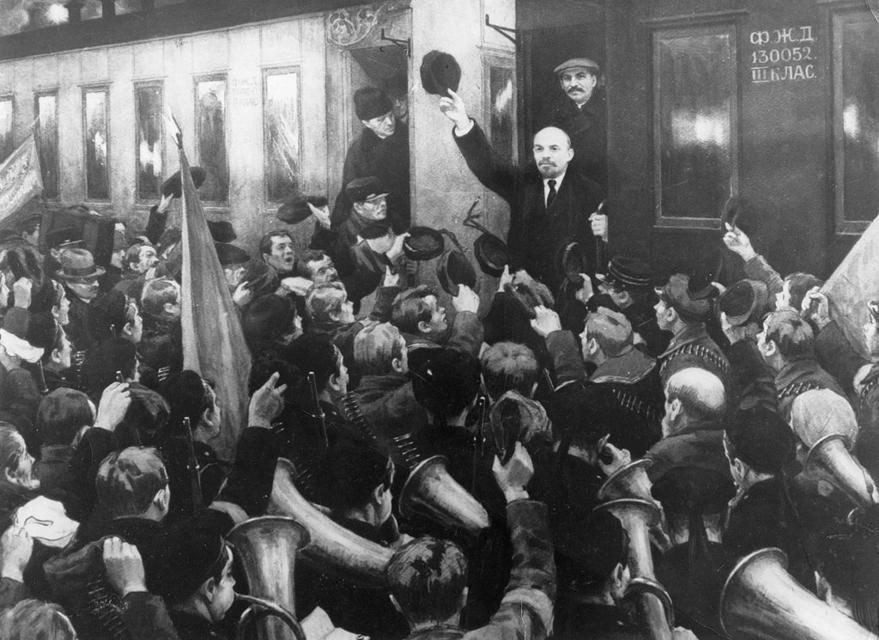Viewpoint magazine has translated a talk on Lenin given by Antonio Negri at the conference “Penser l’émancipation” in Paris this September. The talk focuses on three famous slogans associated with Lenin: “All Power to the Soviets,” “Communism is Soviet power plus electrification,” and “The withering away of the state.” Negri aims to rescue Lenin’s original meaning of these slogans from reactionary historical revisionism, and also asks what these slogans might mean for militants today. Here’s an excerpt:
And so to begin: “All Power to the Soviets.” This is an absolutely lucid strategic indication, which projects the course of the revolution and the construction of socialism through the seizure of power by the soviets as mass organs. To cite Lenin: “The imperialist war was bound, with objective inevitability…to turn into a civil war between the hostile classes.” The soviet is the spontaneous product of this situation. I again refer to Lenin: “the embryo of a workers’ government, the representative of the interests of the entire mass of the poor section of the population, i.e., of nine-tenths of the population, which is striving for peace, bread and freedom.”
The indication is thus crystal clear. But we, men and women of the 21st century, too often understand this as if it were an example of “revolutionary opportunism,” or indeed as an expression of the notion of “insurrection as an art” – in any case, as a brilliant, unexpected, and remarkable decision which reversed the line Lenin had prescribed to the party. With this slogan, in April 1917, Lenin – theoretician of the vanguard as the leader of mass movements and a party built on the industrial model of the modern factory – in fact radically modified the political line and delegitimized “at a distance” (since he was still outside of Russia) the Moscow-based leadership which was opposed to the transfer of constituent power to the soviets. Either a great contradiction, then, or a Machiavellian act of virtuous conversion of the political project – we have heard this kind of explanation a thousand times from those who have shown themselves to be the destroyers of the working class left over the course of the “short 20th century.”
This interpretation of the slogan is completely false. The political line dictated by Lenin is effectively summarized by the following arrangement: strategy to the class movement; tactics, and only tactics, to the institution, that is, the party, to political representation, the vanguard. The proletariat’s independence becomes the site of strategic hegemony when insurrectional strength and the revolutionary project take form. The vanguard must orient itself to this reality, at least if it wants to establish something as a tactical proposition. The radical transformation of revolutionary tactics, as advanced by Lenin beginning in April 1917, is thus not the gesture of an artist, but the political awareness of hegemonic maturity, of the strategic capacity of the proletarian masses – the peasants, workers, and soldiers organized in the soviets in order to take power.
Image via euronomade.info.
